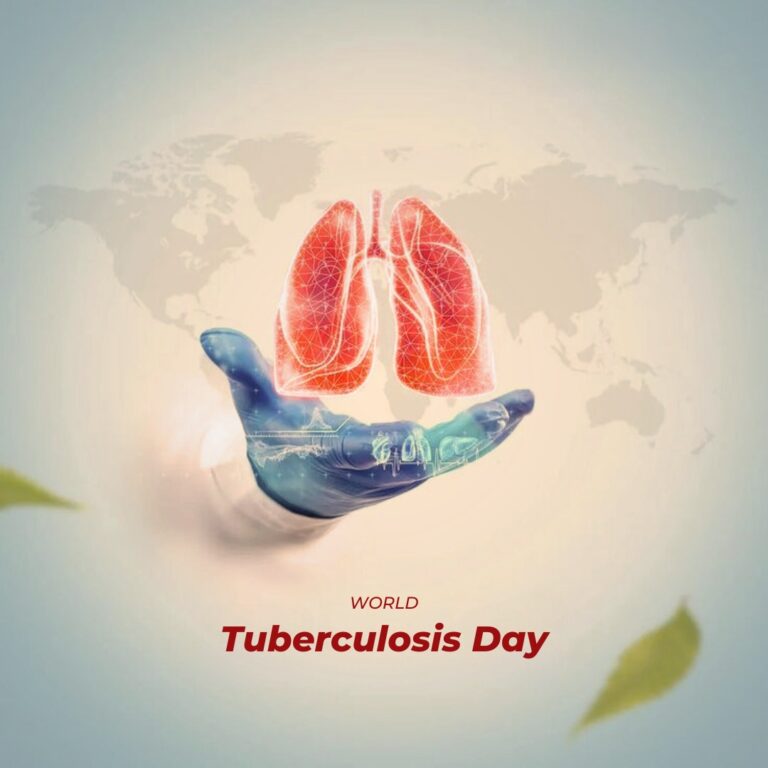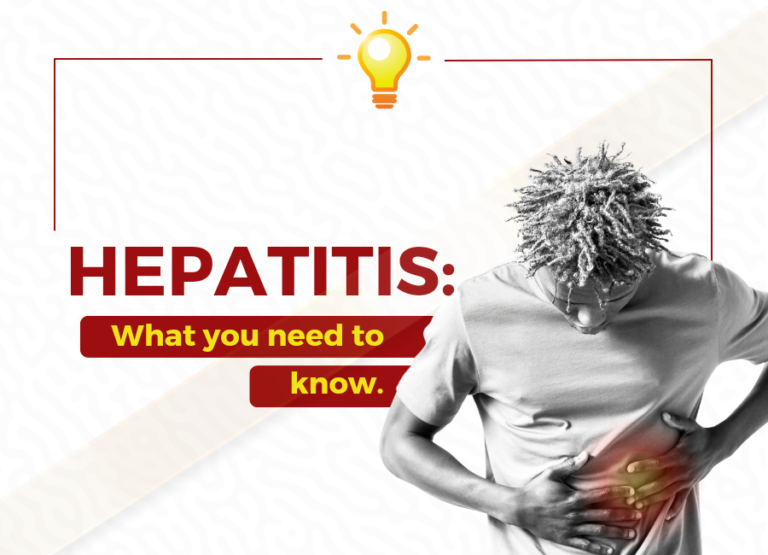Hypertension is also known as the silent killer. It sneaks up on you like a predator stalking its prey. It’s noticed most times after it has wreaked havoc. Let’s delve into what hypertension is, its causes, and how to keep it at bay like the predator we have earlier described.
Picture this: your blood vessels are having a party, but they’re getting a little too rowdy and the pressure just keeps increasing. That’s hypertension for you, or “the pressure cooker inside your veins.” But it’s no laughing matter. Hypertension is a sneaky condition that can lead to serious health problems, such as heart disease, kidney disease, and stroke. And it’s not just older folks who are at risk
– young people can get it too!
In fact, hypertension affects over a billion people worldwide, with approximately 1 in 4 men and 1 in 5 women suffering from the condition. This makes it a major cause of premature death, responsible for around 7.5 million deaths annually, according to the World Health Organization.
Hypertension is felt disproportionately in low- and middle-income countries, where two thirds of cases are found, largely due to increased risk factors in those populations in recent decades. Obesity, smoking, stress, high salt intake, excessive alcohol consumption, lack of physical activity, and genetics are some of the most common causes of hypertension, and often it may be a combination of these factors.
If you want to keep hypertension at bay, it’s important to maintain a healthy lifestyle, exercise regularly, reduce salt and alcohol intake, quit smoking, and manage stress. By doing so, you can help prevent this silent killer from taking over your health. So, let’s take the first step towards a healthy life by learning more about the causes of hypertension.
Managing Hypertension
Managing hypertension involves applying lifestyle changes, medication, and monitoring. A healthy diet, regular physical activity, and stress management techniques such as meditation can help to reduce blood pressure levels. In some cases, medication may also be required to lower blood pressure levels. Here are some trusted ways to manage Blood pressure.
Regular Exercises
This is a very effective way of reducing blood pressure and it has other numerous benefits for our overall health. Here are some advantages of regular exercise for lowering blood pressure.
- Strengthens the heart: Exercise helps to strengthen the heart and improve its ability to pump blood throughout the body also like i mention in the causes above it helps to make your blood vessels very flexible for smooth blood flow. When the heart is stronger, it can pump more blood with less effort, which can lead to lower blood pressure.
- Improves blood flow: Regular exercise can improve blood flow throughout the body, including the arteries that supply the heart and brain. This can help to reduce the resistance to blood flow, which can also lower blood pressure.
- Reduces stress: Exercise is a great way to reduce stress, which can be a contributing factor to high blood pressure. Regular exercise can help to lower the levels of stress hormones in the body and increase the release of feel good substances in the body known as endorphins.
- Helps to maintain a healthy weight: Regular exercise can help to maintain a healthy weight or even lose weight, which is important for managing blood pressure. Excess weight puts extra strain on the heart, which can lead to higher blood pressure.
- Improves overall health: Exercise has numerous other benefits for overall health, including improving cardiovascular health, increasing strength and flexibility, and boosting energy levels.
Eat The Right Food
- Eat a balanced diet.
- Eat a healthy diet.
- Eat a diet rich in fruits and vegetables.
- Eat a diet rich in whole grains.
- Eat a diet rich in lean protein (fish, shellfish, nuts).
- Avoid trans fats (hydrogenated oils) and saturated fats found mostly in animal products like meat, eggs and dairy products
Limit Salt Intake
One of the most effective ways to lower your blood pressure is to limit salt intake. Salt is a major factor in high blood pressure, and it’s found in many foods you may not think about. Salt can be added directly to foods during processing or preparation, as well as in packaged foods like pretzels and chips (which also contain fat). Eating too much sodium can be harmful for people with pre-existing conditions such as diabetes or high blood pressure.
The Dietary Guidelines for Americans recommend that adults consume less than 2 grams per day—or no more than 1 teaspoonful—of sodium; children ages 6 to 11 should get no more than 1/2 teaspoonful daily; infants 6 months old through 12 years old need only 1/4 teaspoonful daily; pregnant women should avoid consuming more than 2 grams per day because this increases risk of fetal death or miscarriage; breastfeeding women should limit themselves even further by limiting their intake down even further: only 500 milligrams per day (about 3 grams).
Control Your Stress Level.
You might be surprised to learn that stress is a major cause of hypertension. The truth is, your body will respond to any type of stress like an emergency: it wants you to stop stressing so it can slow down and take care of itself.
You can reduce the negative effects of chronic stress by practicing relaxation techniques such as prayer, meditation or yoga. Exercise is also helpful for regulating blood pressure levels. Social activities can help you to de-stress too; joining a group or going out with friends provides an opportunity for socialization (in safe environments please), which has been shown to lower blood pressure in humans by reducing cortisol levels (the hormone released during times when we’re anxious).
Lower Your Alcohol Intake.
Alcohol used chronically has been associated with hypertension. Not only that, but it can also affect the liver and the overall health of a person. If you’re drinking moderately (one or two glasses of wine per day), there’s no need to cut back on alcohol completely just try limiting yourself to one glass at dinner instead of indulging in three glasses over the course of an evening.
If you do decide that you want to cut back on your consumption, however, make sure that any changes are made slowly so as not to cause rebound effects.
Quit Smoking.
Smoking is associated with cancer. You’d agree with me that cancer is not good for the body. If you’re a smoker or know someone who smokes, it’s important to stop smoking as soon as possible because the longer you wait to quit smoking the harder it will be for your body to adjust!
Consider Medication.
If you’re looking for a way to lower your blood pressure, there are several medications that can be used. These would be prescribed by your doctor.
Conclusion
It’s important to remember that your blood pressure is a complex issue and there is no one-size-fits-all solution when dealing with it. The best way to lower your hypertension is through lifestyle changes that take into account all the factors mentioned here and more. If you’re looking for more advice on how to go about this, there are plenty of resources available online or in person at local health clinics.






